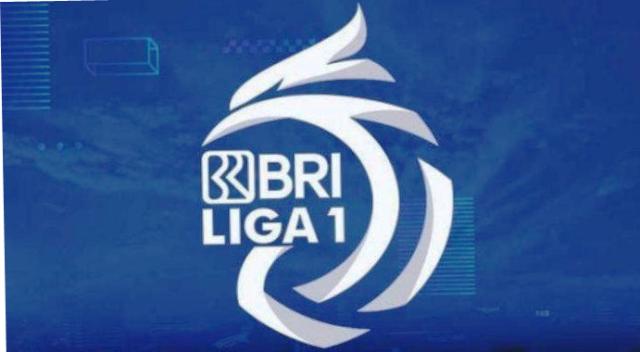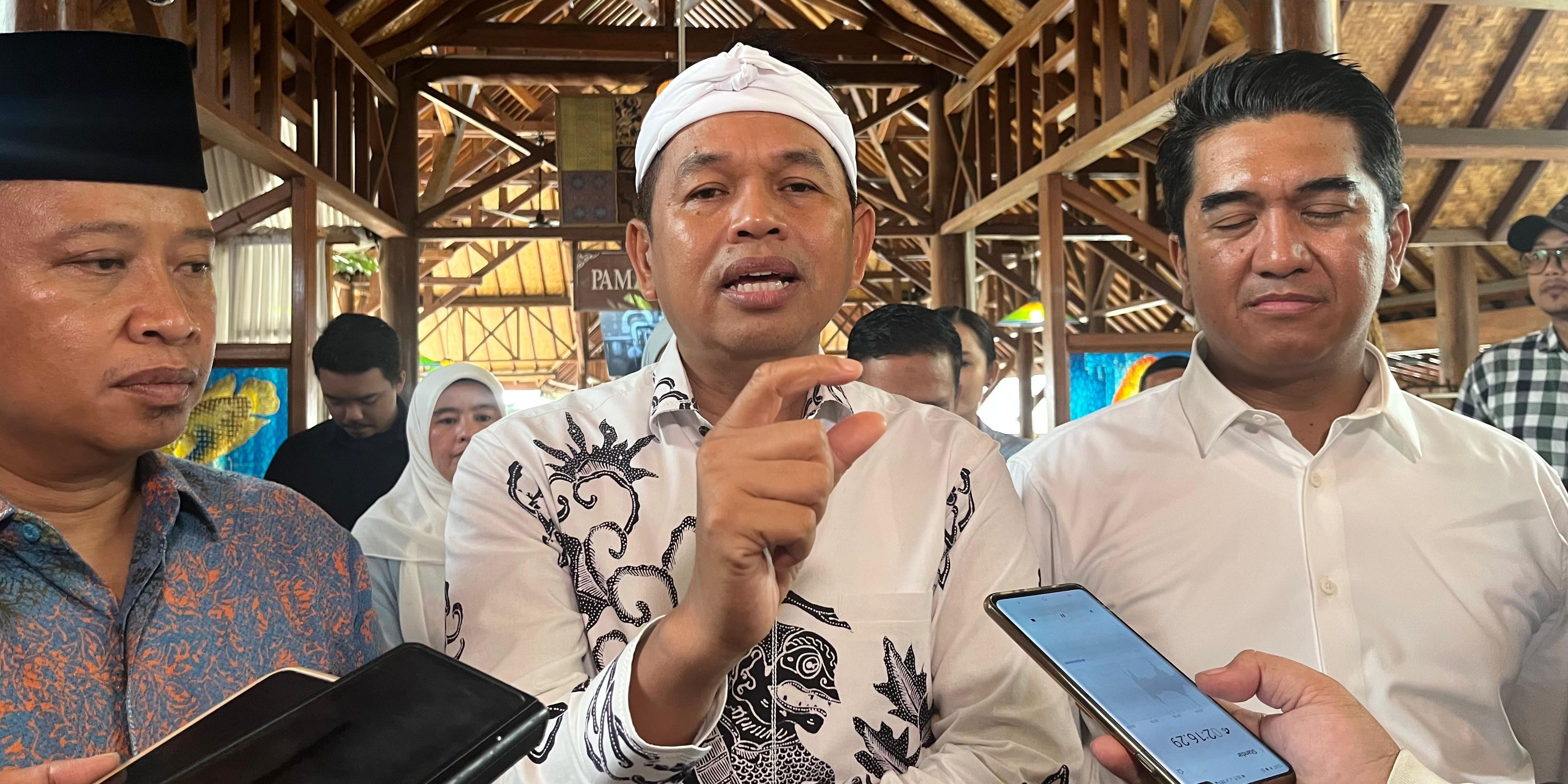Trump's Revised Title IX: What It Means for Filipino Students & Athletes in the US

The US Department of Education, under the Trump administration, has recently proposed significant changes to Title IX, the landmark legislation prohibiting sex-based discrimination in education programs and activities receiving federal funding. This revision has sparked considerable debate, particularly concerning its impact on student athletes, LGBTQ+ individuals, and the overall landscape of gender equity. For Filipino students and athletes studying or competing in the United States, understanding these changes is crucial.
What is Title IX and Why is it Important?
Title IX, enacted in 1972, has been instrumental in leveling the playing field for women in sports and other educational areas. It mandates equal opportunities in athletics, admissions, financial aid, and other programs. Historically, it has led to a dramatic increase in female participation in sports, scholarships, and leadership roles within educational institutions.
The Proposed Changes: A Shift in Approach
The proposed changes, largely driven by concerns about due process in sexual misconduct cases, introduce several key alterations. The most significant include:
- Narrower Definition of Sexual Harassment: The revised rules propose a narrower definition of sexual harassment, limiting it to instances that meet the legal standard of “harassment” under Title IX. This could potentially exclude behaviors that are currently considered unacceptable and harmful.
- Mandatory Cross-Examination: The rules would require live cross-examination of both the accused and the accuser, either directly or through an advisor. This aspect has drawn criticism from advocates who argue it could be re-traumatizing for survivors.
- Reduced Institutional Responsibility: The revised guidance would reduce the responsibility of educational institutions to proactively prevent sexual misconduct. Instead, the focus shifts towards responding to reported incidents.
- Emphasis on Due Process for the Accused: The changes prioritize due process rights for the accused, potentially at the expense of survivor support and reporting.
Impact on Filipino Students and Athletes
For Filipino students and athletes in the US, these changes present a complex situation. While the emphasis on due process is important, concerns remain about the potential impact on reporting rates and the safety of survivors. Many Filipino families send their children to the US for educational opportunities, and ensuring their safety and well-being is paramount. These changes could create a climate of fear and discourage reporting, particularly for students who may already face cultural or language barriers.
Furthermore, the potential reduction in institutional responsibility could lead to inadequate prevention programs, making it more difficult to create a truly equitable and safe learning environment. For Filipino athletes, who often face pressure to succeed and may be hesitant to speak out against unfair treatment, these changes could exacerbate existing challenges.
Current Status and Future Outlook
The proposed changes are currently under review and subject to public comment. The Department of Education is expected to finalize the rules in the coming months. Legal challenges are highly likely, and the final outcome remains uncertain. It's crucial for Filipino students, athletes, and their families to stay informed and advocate for policies that prioritize both due process and the safety and well-being of all students.
Resources for Filipino Students & Athletes:
- Consulates and Embassies: Contact the Philippine Consulate or Embassy for assistance and resources.
- University Title IX Offices: Familiarize yourself with your university's Title IX policies and reporting procedures.
- Student Organizations: Connect with Filipino student organizations for support and advocacy.
- Legal Aid Organizations: Seek legal advice from organizations specializing in civil rights and Title IX.





